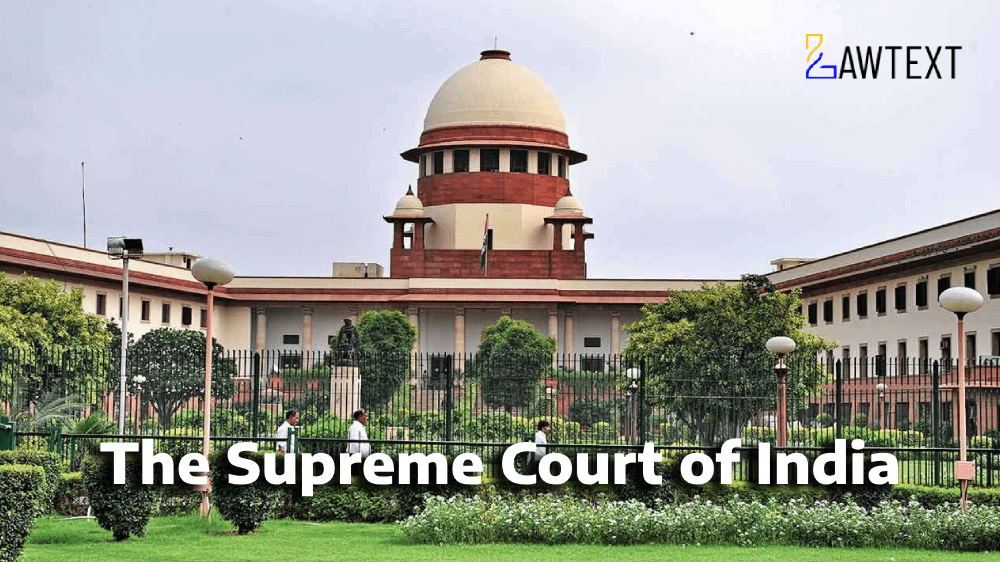

The Supreme Court of India quashed the criminal proceedings initiated against Army personnel involved in a Nagaland encounter incident dated December 4, 2021, based on a Suo Moto FIR. The proceedings were quashed due to the absence of sanction under Section 6 of the Armed Forces (Special Powers) Act, 1958 (AFSPA). The Court observed that any such prosecution requires prior sanction from the Central Government under AFSPA, which was declined on February 28, 2023. However, the Court clarified that if sanction is granted in the future, the criminal proceedings may resume.
Petitioners and Issue:
Writ Petition (Criminal) Nos. 265 and 250 of 2022 were filed by the wives of Army officers from the 21 PARA (SF) challenging the Suo Moto FIR and related investigations, alleging mala fide prosecution for their bona fide duties in an armed conflict with a mob in Nagaland.
FIR and Charges:
The FIR registered under various sections of the IPC including Sections 302, 307, 326, 201, and 120-B was filed against the personnel involved in the encounter that led to the deaths of six individuals, as well as one Army soldier.
Legal Protection Under AFSPA:
The Armed Forces (Special Powers) Act, 1958, applied to the area, providing protection to armed forces personnel from prosecution without the prior sanction of the Central Government under Section 6.
Court’s Observations:
Potential for Future Prosecution:
The Court left open the possibility of resuming criminal proceedings if, at any future date, the sanction is granted.
State’s Challenge:
The State of Nagaland filed a separate Writ Petition (Criminal) Diary No. 17297 of 2024, challenging the Central Government’s decision to decline the sanction, which is pending.
Armed Forces (Special Powers) Act, 1958 (AFSPA):
Code of Criminal Procedure, 1973 (CrPC):
Indian Penal Code (IPC), 1860:
The Supreme Court ruled that in the absence of sanction under Section 6 of the AFSPA, no prosecution could proceed against the Army personnel. Since the competent authority declined sanction on February 28, 2023, the FIRs and the related criminal proceedings had to be quashed. However, should the Central Government grant the sanction in the future, the proceedings may resume.
AFSPA, Indian Army, Legal Proceedings Against Army Personnel, Protection of Public Servants, Army Encounter, Suo Moto FIR, Legal Sanction, Indian Penal Code, Code of Criminal Procedure
Citation: 2024 LawText (SC) (9) 171
Case Number: WRIT PETITION (CRIMINAL) NO. 265 OF 2022 WITH WRIT PETITION (CRIMINAL) NO. 250 OF 2022
Date of Decision: 2024-09-17
Case Title: RABINA GHALE & ANR. VERSUS UNION OF INDIA & ORS.
Before Judge: (VIKRAM NATH J. , PRASANNA BHALACHANDRA VARALE J.)
Appellant: RABINA GHALE & ANR.
Respondent: UNION OF INDIA & ORS.